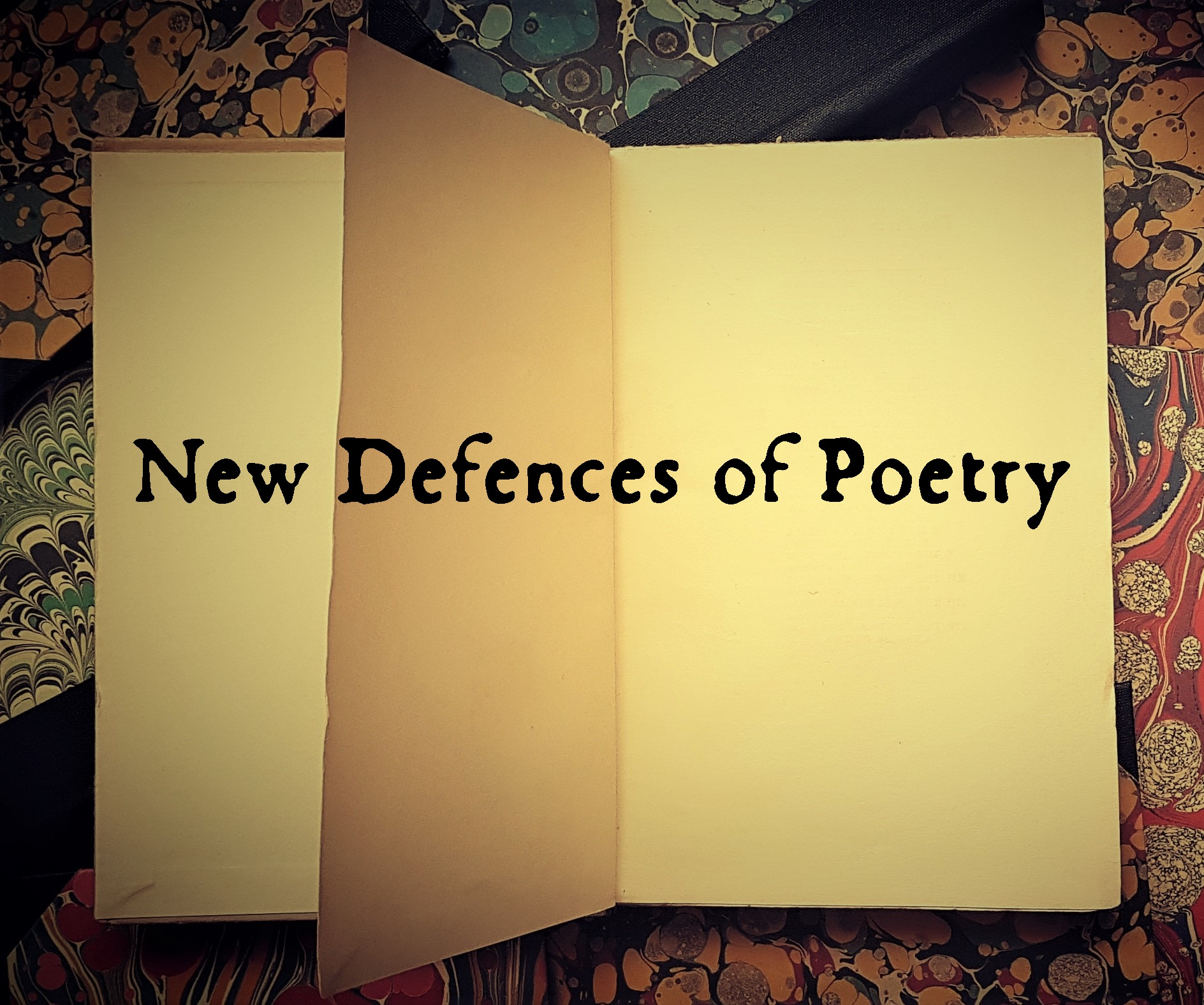Julie Hogg
“For the end of social corruption is to destroy all sensibility to pleasure: and, therefore, it is corruption. It begins at the imagination and the intellect as at the core, and distributes itself thence as a paralyzing venom, through the affections into the very appetites, until all become a torpid mass in which hardly sense survives. At the approach of such a period, poetry ever addresses itself to those faculties which are the last to be destroyed, and its voice is heard, like the footsteps of Astraea, departing from the world.”
Percy Bysshe Shelley, ‘A Defence of Poetry’
Imagine, if you will, a pleasure pier traditionally thrusting vertically from the North East coast of England and into the North Sea. One darker evening, when the waves were velour and the beach was suede, I began my task. It was important to be diminutive and speciously calm, each board from the entrance to the toll booth, newsagents, and all around the roller-skating rink to be lacquered and polished to a high shine. Always on my knees, I pondered ingenious solutions to quicken the upkeep of every rung and avoid splinters, only to be thwarted by an insular herd of some opinion or another, invariably with the ability to scuff wood irreparably as they sped along.
I slept on the slats and began to make progress; I swear my prints were on fire in my finger-less gloves. By now the promenade seemed a while away and, of the final few boots which passed by my palms, many seemed happy for me to buff their leather as an aside. I wanted to discuss the rout of the scars but realised I hadn’t spoken for days, weeks. Over the months, silent and ever-watchful, I noticed how monochrome everything had become; burnt umber rain hardened on impact, smelting brittled and I wondered if I was alive; switching to underpainting, alone, at the turn of the year.
I suppose it was the prerogative of the January storm, how melanin it was. I’d like to say the hail stopped but it didn’t. The smell was indescribable, and the sky was so malevolent that Nott covered her cloak over the whole affair. Of course, it was not without ruinous incident. Tragically, a barque from another epoch tore a hundred-yard section out with its square-rigging and mizzenmast, with thirteen men dead who possibly evolved as spectres in another text. I managed to shelter in a glazed pavilion at the end of the pier. As usual, I was isolated.
There was a gaslight in the corner which failed to work, and, with hindsight, I was glad. An orpiment sun illuminated instead, fixing the structure’s composition of metalcut, hectic red pepper-dulse, fishnet drypoint and ink. Incantations in the sands’ countless grains reverberated through impressed pools of intermittent dew, miles from the shore. I saw saltation of the dunes, wings of sanderlings, felt a swish from the largest bony fish in the world who knew the fresh taste of futurity and a painter, sailing since mid-winter, brushed a deck in the distance at the juncture of gares; I threw clouds of smashed glass subaqueous stoss-side which sparkled like schist and, for the first time, my face finally reflected the truth in the blade of a double-edged sword.
One day you may be seated in a cinema-by-the-sea, perhaps recently renovated and definitely cosy, absorbed in a timeless documentary about the wonder of words or poetry and how our marginal land has offered you your own voice, not always borne from choice but necessity. Your voice will rise from the old way, low to high water, stone gaps by flashes, on clear night northern star-clouds plunging to the core of the earth and everything in your hold will howl. Promise me you’ll use it.
Julie Hogg is a poet from the North Yorkshire coast. Her poems have appeared in many literary journals including Abridged, Butcher’s Dog, Honest Ulsterman, New Boots and Pantisocracies, Poetry Birmingham and Popshot. Featured in anthologies by Dunlin, Listen Softly, Litmus and Seren, her debut pamphlets are Majuba Road and Eleutheromania. She reviews for London Grip and publishes at Blueprint Poetry Press.
